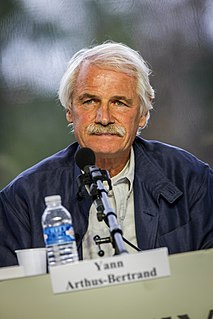A Quote by Indira Gandhi
Even today to be civilised is held to be synonymous with being westernised. Advanced countries devote large resources to formulating and spreading ideas and doctrines and they tend to impose on the developing nations their own norms and methods. The pattern of the classical acquisitive society with its deliberate multiplication of wants not only is unsuited to conditions in our countries but is positively harmful.
Related Quotes
We have to work sincerely and responsibly to thwart any attempt to divide the Arab nation into small groups, with which foreign countries would deal separately. This would eventually be in the interests of Zionism, which stands behind such policies, formulating the relevant theories and promoting distorted information to world politicians, especially in the West, in order to make them adopt an approach which is harmful to the Arab nation and is even against the legitimate interests of their own countries.
There is a striking parallel between the spreading of germs and the spreading of ideas or propaganda. On the one hand we are dealing with a virus which can be transported and transmitted under certain conditions which favor or limit its transportation or transmission: on the other hand with ideas, religions, and doctrines, which can be described as germs, benevolent or malevolent, according to the point of view one takes up. These germs can either remain at their source and be sterile, or emerge in the spreading of infection.
If I look at the really important questions in [Middle East] region, I see Iran, where there is a strong desire for a freer society and where people are repressed by a small group of ayatollahs. I see Syria, where we can see a similar desire of the people to be free. These two countries fund Hezbollah and other terrorist organizations and are hurting our efforts in Afghanistan and have been extremely harmful in Iraq. Then I also see large, important countries such as Egypt and Saudi Arabia.
Some people say that the West has a cruel history. These people also may see the achievements of Western countries - in terms of the economy, education, health, and social achievements - as a result of exploitation of poorer countries, including Arab countries. Western nations get rich by using resources such as Arab oil. Meanwhile, the countries supplying them raw materials remain poor. Due to such injustices, jealousies are created.











































